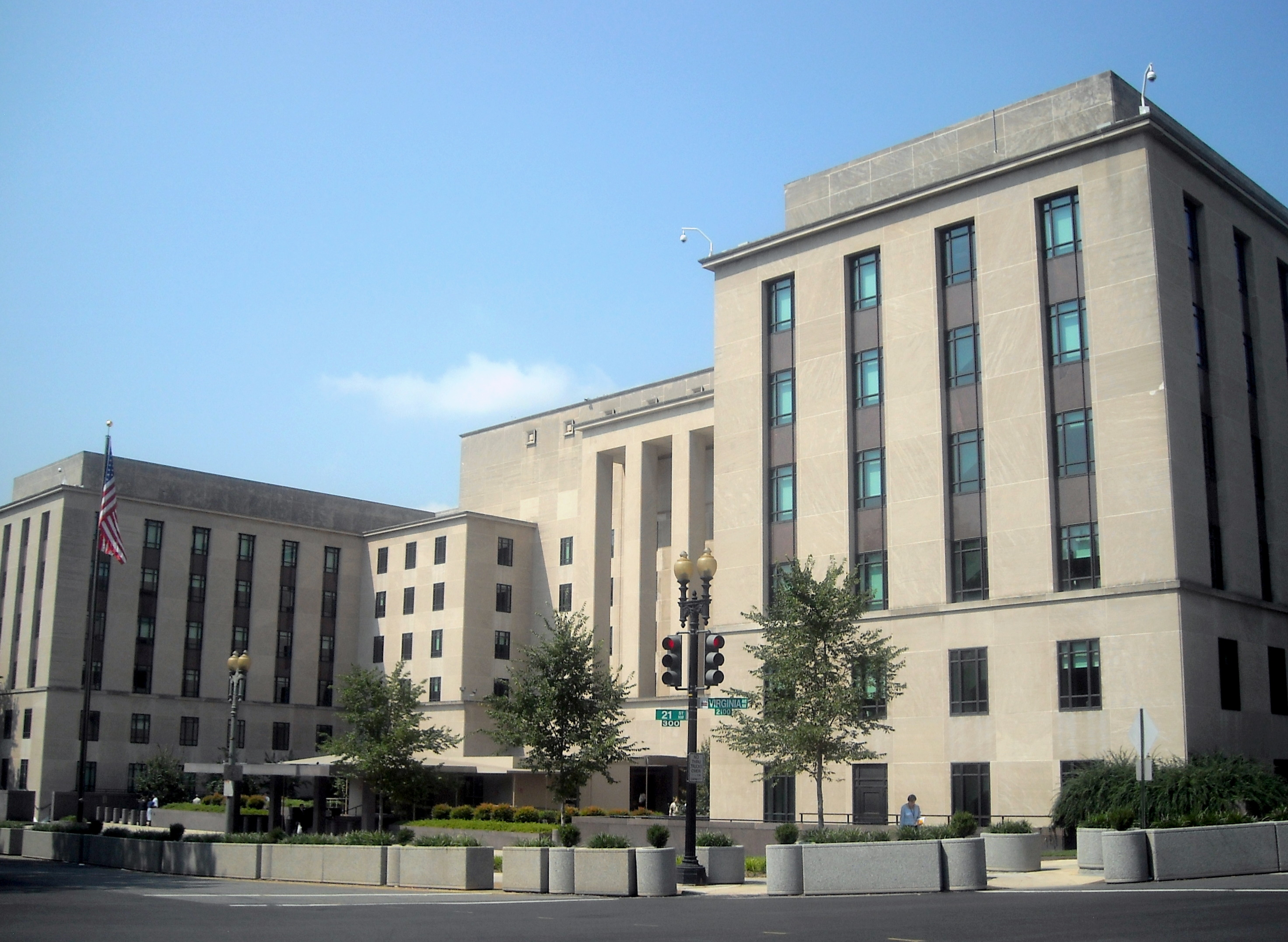Significant human rights issues, including cruel, inhuman or degrading treatment or punishment, persisted in the Republic of Cyprus in 2024, according to a US State Department report released on Wednesday.
While the government took steps to punish officials responsible for abuses, there were still limited instances of impunity, it said.
In its 2024 Country Reports on Human Rights Practices, which also covers the north, the State Department noted that the Republic of Cyprus is the island’s only internationally recognised government, while the north has been administered by Turkish Cypriots since 1974.
It adds that the US does not recognise the self-declared regime in the north.
“There were no significant changes in the human rights situation in the Republic of Cyprus or the area administered by Turkish Cypriots during the year,” the report said.
It adds that significant human rights issues in the Republic included credible reports of cruel, inhuman or degrading treatment or punishment.
“Although the Republic of Cyprus government took steps to identify and punish officials who committed human rights abuses, there were limited instances of impunity.”
It says that “in the area administered by Turkish Cypriots, significant human rights issues included credible reports of cruel, inhuman, or degrading treatment or punishment, and serious restrictions on freedom of expression and media freedom, including violence or threats of violence against human rights activists and journalists.”
The ‘authorities’ in the north “rarely took credible steps or action to identify and punish ‘officials’ who committed human rights abuses” and “there was evidence of widespread impunity.”
On press freedom, the report said Republic of Cyprus law provides for freedom of expression, including for the press, and that the government generally respected this right. “An independent media, an effective judiciary and a functioning democratic political system combined to promote freedom of expression,” it added.
In the north, while the law nominally provides for press freedom, authorities did not respect it, the report said.
The Republic’s law criminalises incitement of hatred and violence based on race, religion, origin or sexual orientation, with penalties of up to five years in prison, a fine, or both.
In the north, it is a criminal offence to insult the ‘government, officials’, or the Turkish government and its officials.
“While individuals were sometimes able to criticise ‘authorities’ publicly without reprisal, human rights defenders, NGOs and press reported a marked increase in harassment and threats against critics of the ‘Turkish Republic of Northern Cyprus (TRNC) president’, ‘TRNC government’, Turkish military, Turkish interference into Turkish Cypriot affairs and Turkish President Recep Tayyip Erdogan.”
It also referred to the ongoing trial of leftist politician Abdullah Korkmazhan and three others charged with “conspiracy to create a secret alliance” and insulting the ‘TRNC president’. Korkmazhan is out on bail but must report to police weekly.
Regarding worker rights, it says that the Republic of Cyprus law provided for workers to form and join independent unions, bargain collectively and conduct legal strikes. Both antiunion discrimination and dismissal for union activity were illegal.
“The government generally enforced applicable labour laws and investigations were adequate in the formal sector. Penalties for violations, which occurred primarily in the informal sector, were less than those for similar civil rights violations. Violations rarely occurred in the formal sector and penalties were regularly applied against violators.”
The state department says that the Republic of Cyprus government generally protected the right of unions to conduct their activities without interference and employers generally respected the right of workers to form and join independent unions and to bargain collectively.
There were isolated reports private-sector employers discouraged union activity due to the Republic’s sporadic enforcement of labour regulations prohibiting antiunion discrimination and employers’ implicit threat of arbitrary dismissal for union activities, it adds.
In the north, the ‘law’ protects most workers’ rights to unionise, except for members of the police and other security forces.
The report said police sometimes arrested union members during peaceful protests to intimidate others, and teachers’ unions reported that newly appointed teachers were threatened with investigations if they joined demonstrations.
In addition, teachers’ unions reported that education authorities threatened with investigations of recently appointed teachers if they participated in demonstrations against the ‘authorities’ in the north.
The report also noted allegations of torture and inhuman treatment in the Republic.
It adds that the Committee for the Prevention of Torture (CPT) May report on its 2023 visit to Cyprus “described harsh material conditions and lack of structure and routine for prisoners in the Cyprus prisons department that amounted to inhuman and degrading treatment.”
The CPT, it adds, “received allegations prison staff slapped prisoners and carried wooden sticks to intimidate them, as well as used verbal abuse, including racist comments against foreign national prisoners.”
In the north, the ‘law’ did not refer explicitly to torture, but it prohibited police mistreatment of detainees. Nevertheless, there were reports police abused detainees.
NGOs reported abuse in detention centres and the central prison and claimed that security cameras in the old central prison did not feed directly to the ‘interior ministry’, allowing footage to be interrupted or altered.






Click here to change your cookie preferences